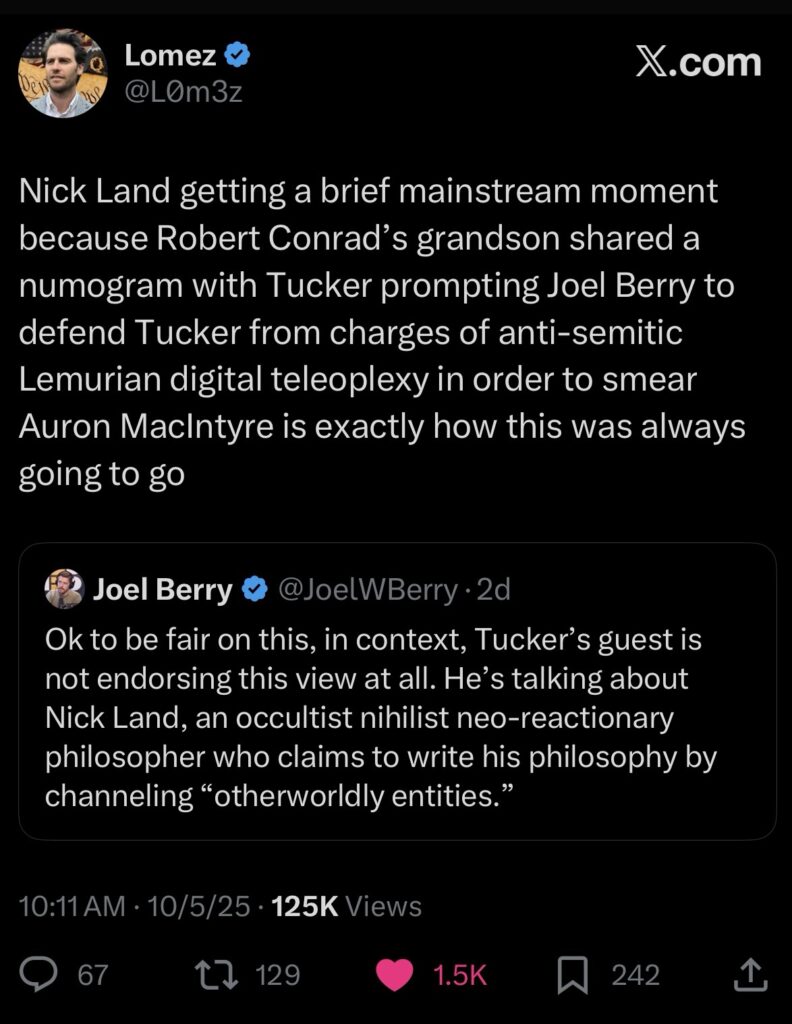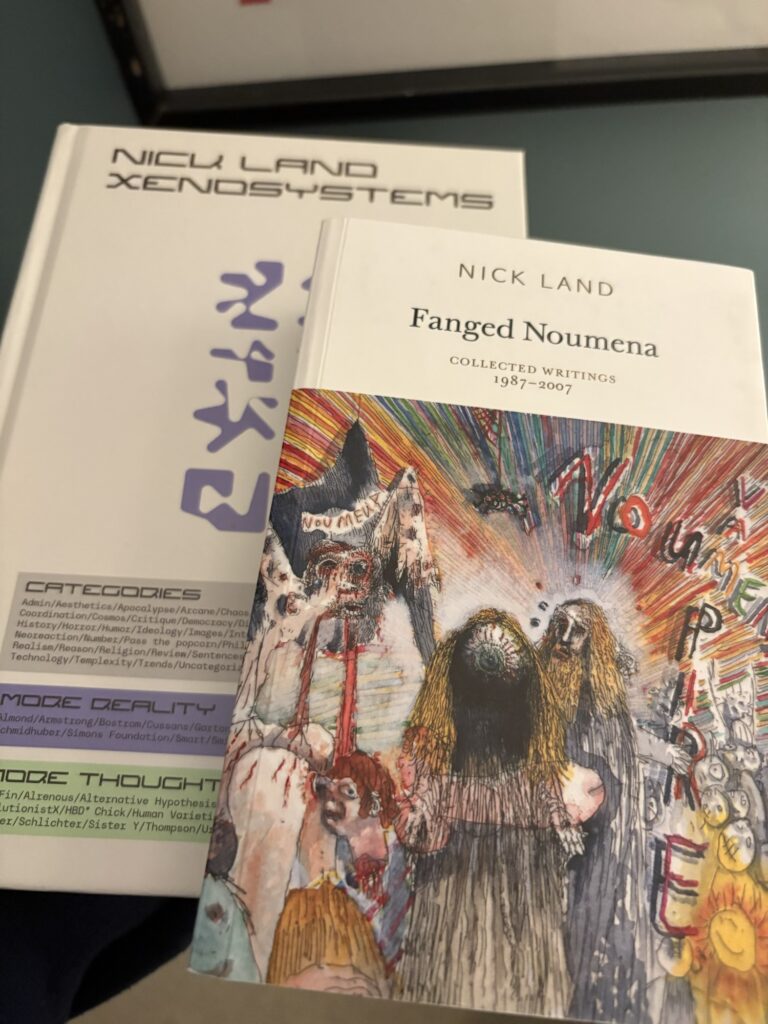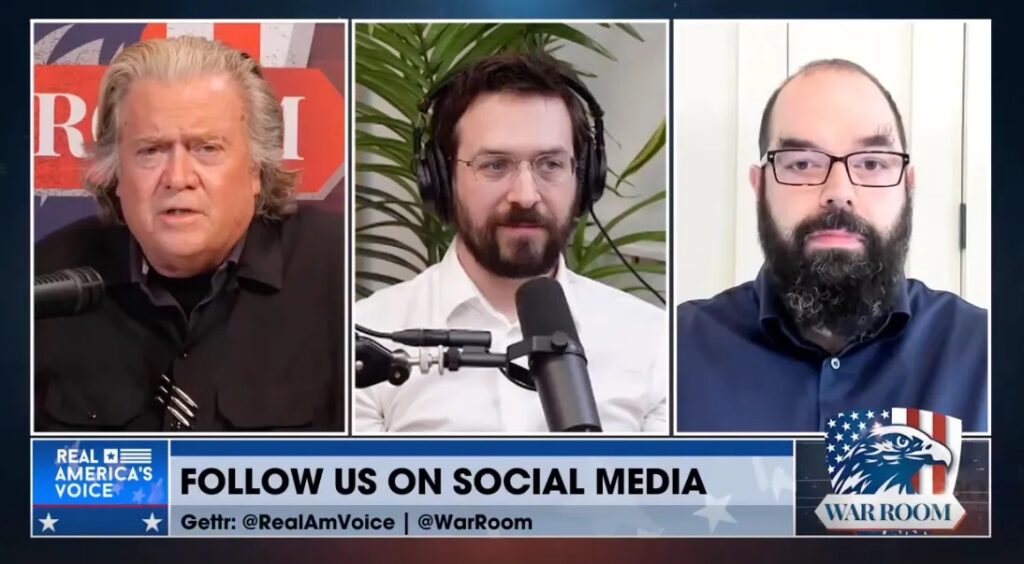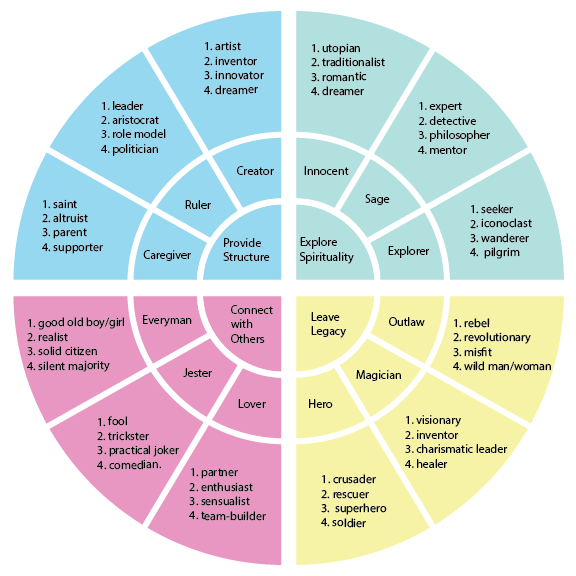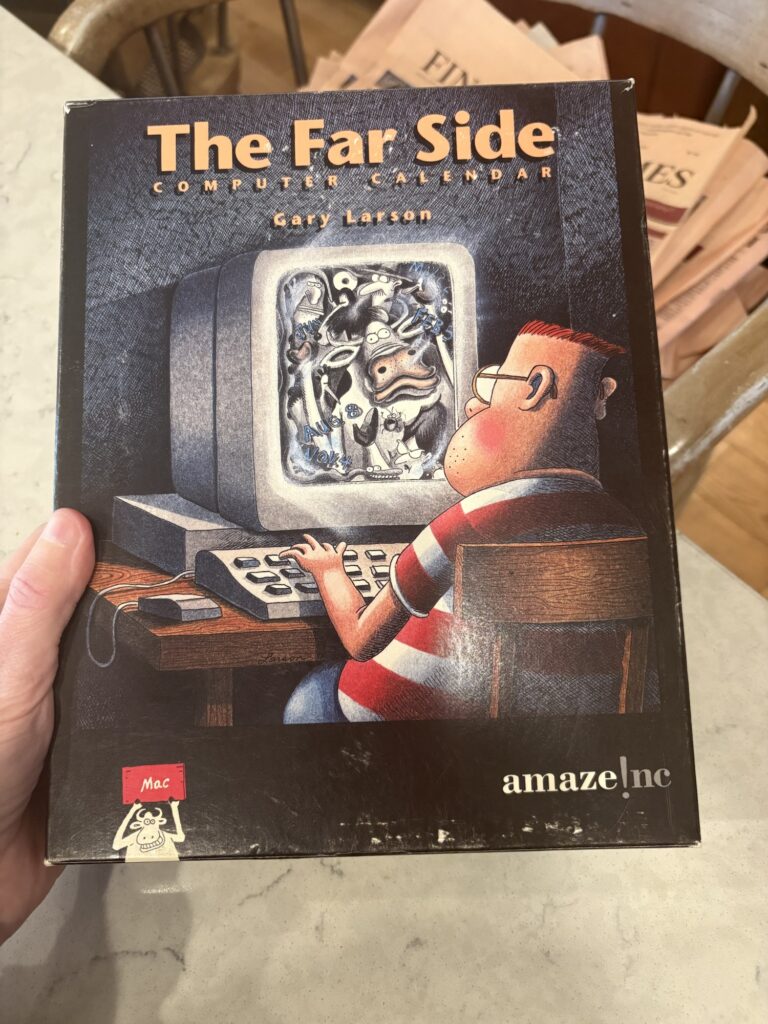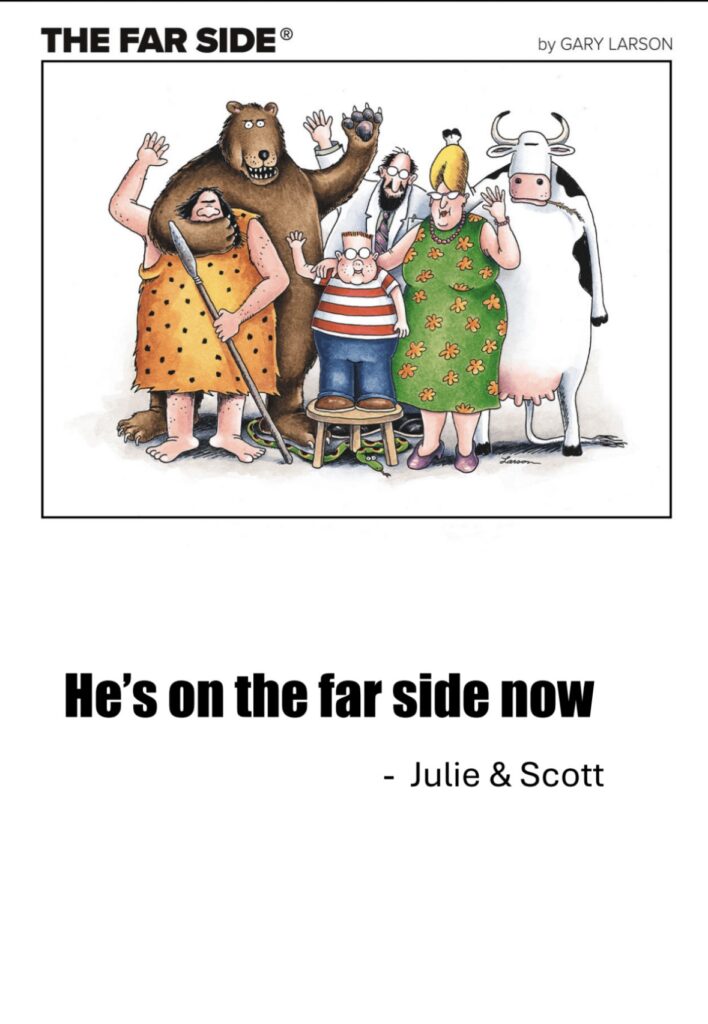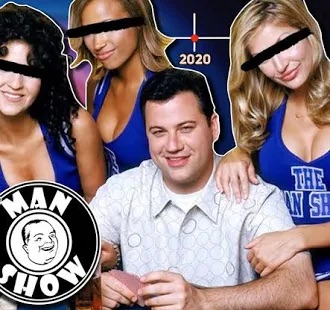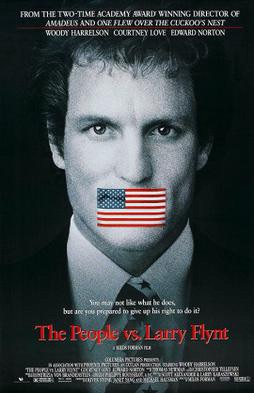I spent some time being really “in my special interest” today writing about why I think we should give more, and not less, time to beauty. I’ll post it to my new substack tomorrow as that will remain focused in subject matter.
Appearances clearly matter in every facet of life, but we don’t do much to help develop taste even as we face an onslaught of the hyper visual unrealistic world of short form video.
It’s all dopamine drips and quick hits that make it hard to develop taste of your own. At best you found algorithms that suited some things you could enjoy but sincerely held joy is rare. I’ve been able to experience many times and it’s now one keeps going in a cruel world.
I spent so much of my life beating the drumbeat of more access to the secret knowledge of the world only to discover again and again, that even if you offer up to the world pearls, not everyone will want them.
Or as my mother liked to say her Latin teacher said “I’m throwing pearl’s before swine!”
To appreciate the details is to recognize that layer upon layer of irritation worked to a finished pearlescent sheen which seems too delicate to truly show the process. That’s its beauty.
Each layer of culture is built by people who cares about details. And all kinds of details matter. Sometimes the details are financial. Sometimes aesthetic. Sometimes it’s noticing a very specific signal inside a very particular group and being able to admire the elegances.
I myself didn’t think I ever much went in for subtlety of any kind until I spent more of my time in mass markets. I’ve come to realize I was allowed to live without too much push on my own tastes for so much of my life.
And because I care about details, now I know I a stupid amount about the business of appearances because I worked at its heart.
So naturally I’d like to do more to share that knowledge as I realize it is maybe much rarer than I realized.
I intend to do it as a fun addition to my life as I experience so much of life through professional and personal interest in technologies. I’ve got aspirations for a world where we choice to work to be better. That requires a world where beauty can be cultivated in improving ourselves. so you can be certain I appreciate the angles of how we use the existing culturally technologies at hand to create the new ones.
